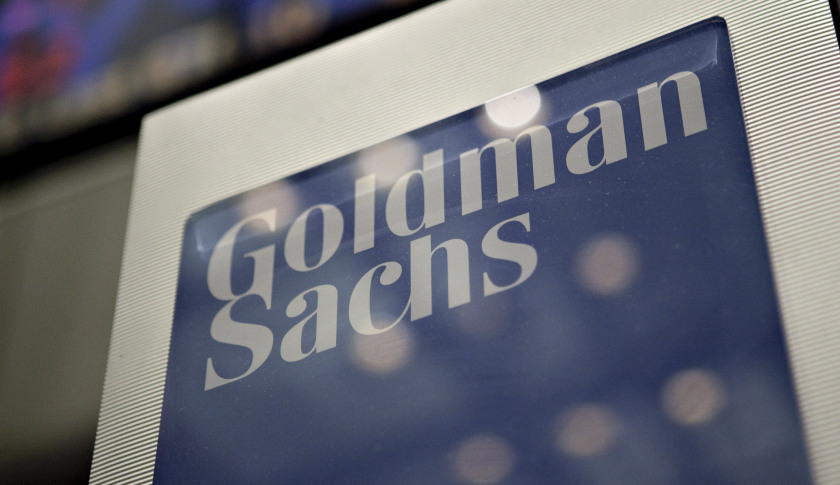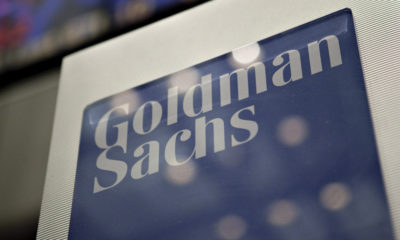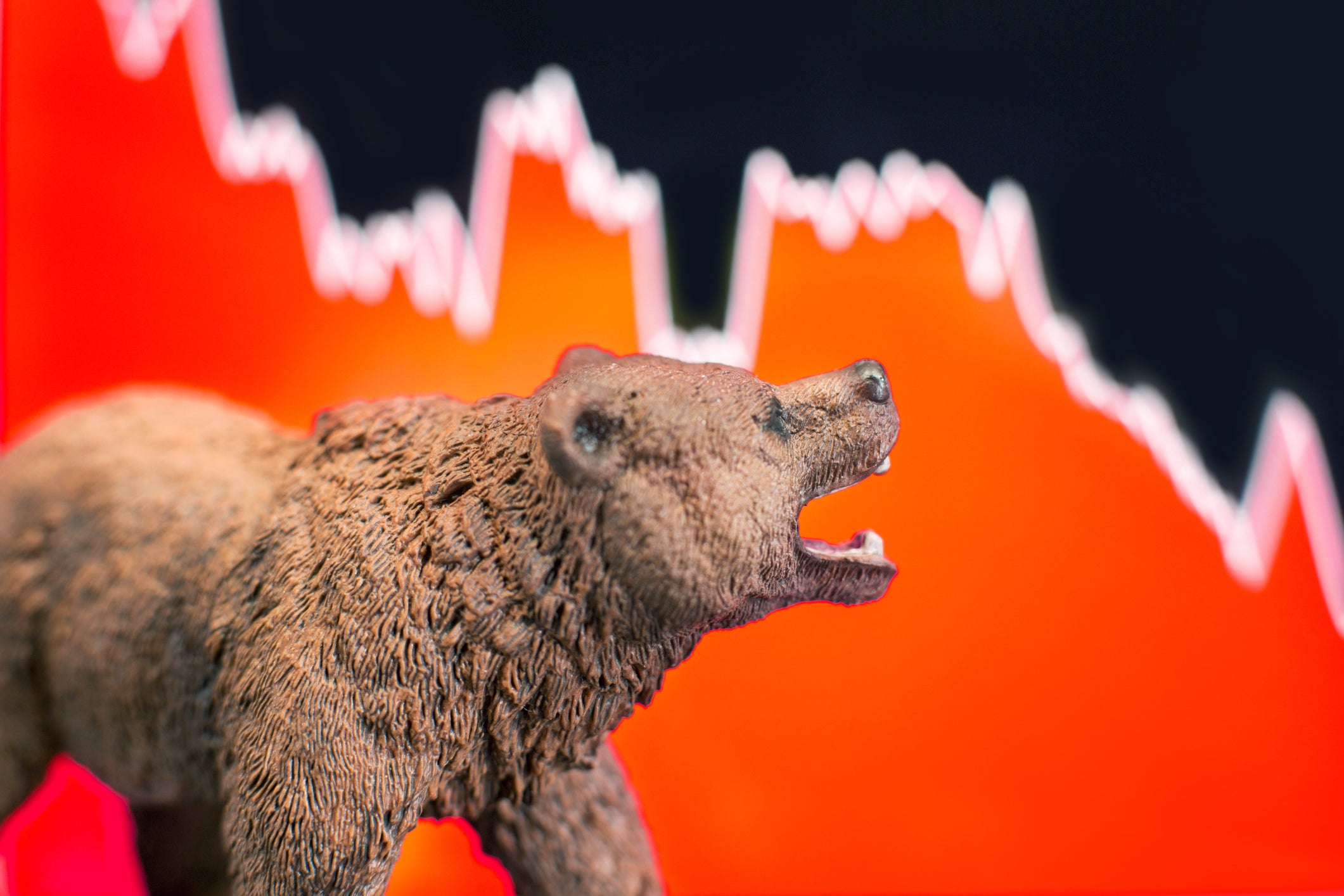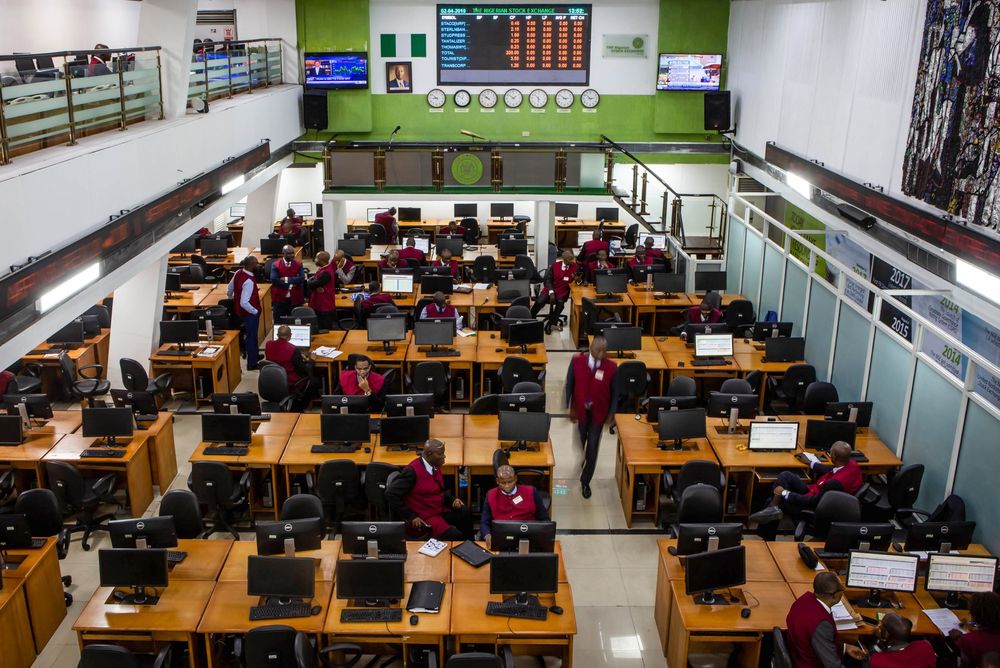Goldman Sachs Group Inc.’s trading desk has projected a significant surge in the equity market in early July, driven by a substantial influx of passive cash allocations.
This anticipated capital flow is expected to fuel a continuing rally through the early summer, according to Scott Rubner, Managing Director and tactical specialist in Goldman’s global markets division.
“New quarter (Q3), new half year (2H), this is when a wall of money comes into the equity market quickly,” Rubner wrote in a note to clients on Wednesday.
He highlighted the beginning of the third quarter and the second half of the year as key periods when passive investment funds typically pour into the stock market.
In addition to the influx of passive cash, Rubner said share prices are likely to benefit from strong seasonal trends and increasing engagement from retail investors.
“I am seeing a re-emergence in retail traders during the summer; they tend to come around in July,” he noted.
Historically, the first 15 days of July have been the best two-week trading period of the year for equities since 1928.
According to Rubner, the S&P 500 Index has been positive for nine consecutive Julys, with an average return of 3.7%.
The Nasdaq 100 Index has an even more impressive record, posting gains in 16 straight Julys, with an average return of 4.6%.
Rubner’s calculations suggest that roughly nine basis points of new capital are typically invested in equities every July.
Based on the $29 trillion in passive assets available for investment this year, this would translate to an influx of approximately $26 billion.
“The bar for being short equities right now is very high given these upcoming flows and random market dynamics,” Rubner wrote, underscoring the strength of the anticipated capital inflow and its potential impact on the market.
The S&P 500 Index moved back above 5,300 on Wednesday, marking its fourth consecutive session of gains and approaching a new intraday high.
The rally has been driven by strong performances from the world’s largest technology companies.
Nvidia Corp. set another record and now holds the second-largest weighting in the S&P 500 at 6.6%, surpassing Apple Inc. at 6.4% and trailing only Microsoft Corp. at 7%.
The resurgence of retail investors is another factor contributing to the bullish outlook.
Retail traders, who typically become more active during the summer months, are expected to play a significant role in the upcoming rally.
This re-engagement of individual investors could further amplify market gains as they seek to capitalize on the positive momentum.
The combination of passive cash inflows, favorable seasonal trends, and heightened retail investor activity sets the stage for a robust equity market performance in July.
As market dynamics align with historical patterns and the anticipated surge in capital, investors are poised to benefit from the positive trends predicted by Goldman Sachs.
With the financial landscape evolving, the strategic insights provided by Goldman Sachs offer valuable guidance for investors navigating the market.
As the third quarter begins and the second half of the year unfolds, the projected influx of passive cash could indeed drive a significant rally, reinforcing the optimistic outlook for the equity market.


 Naira4 weeks ago
Naira4 weeks ago



 Naira4 weeks ago
Naira4 weeks ago
 Naira3 weeks ago
Naira3 weeks ago






 Naira3 weeks ago
Naira3 weeks ago




 Naira3 weeks ago
Naira3 weeks ago




 Naira2 weeks ago
Naira2 weeks ago






 Naira3 weeks ago
Naira3 weeks ago


 Company News4 weeks ago
Company News4 weeks ago















